Lifestyle
Elderly Care - How to Provide Compassionate Support at Home
4316 Views
0
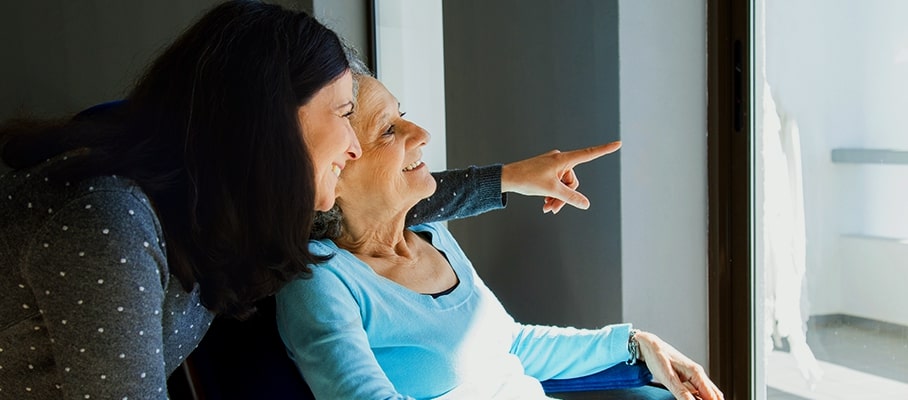
Aging is a normal physiological process. However, body organs also age with the advancing age, and their functioning keep declining. Old age is also a sensitive phase. Elderly people need care and comfort to lead a stress free and healthy life. Caring for the elderly at home is a responsibility that needs you to know about elderly care solutions and take informed decisions.
Elderly care amid COVID-19
The WHO has informed us about old age and COVID-19. The risk of getting severe COVID-19 and getting hospitalized increases with increasing age. For example, people in their 50s are at higher risk for severe illness than people in their 40s. Similarly, people in their 60s or 70s are, in general, at higher risk for severe illness than people in their 50s. Elderly aging 85 or older are at the greatest risk for severe illness from COVID-19.
Worried about your elderly loved one being sick and think it could be COVID-19? Get COVID-19 test done from the comfort of your home and stay assured.
Health conditions and medications
Many of the elderly people have multiple health conditions. For managing elderly health, ensure that all their medicine prescriptions are filled as needed and refilled in advance. If your elderly loved one is on a number of medicines and find it difficult to identify and take them on scheduled time, simplify their medication taking process by keeping a pill box organizer with compartments labeled with the days of the week along with doses.
Continuous check on health
Around 80% of older adults have at least one chronic disease, and 77% have at least two. Chronic illnesses require regular and timely health check ups to ensure there is no worsening or disease progression.
Make sure to get their health assessed regularly. Now get your loved ones tested from the comfort of your home. Explore here.
A fall-proof home for elderly
Assess your home and do some simple fixes to help them stay safe, and prevent falls and decrease risk of injuries. Most importantly, install handrails and grab bars at the toilet and shower. Place non-skid mats in the shower or any other potential slippery areas of the house. Plug in a few auto-sensor night lights in the home so they are able to see if they wake up at night. Ensure all the cables and wires are safely tucked away to prevent any accidental fall.
Hire help
Older people might need someone to help them with their routine activities such as showering or house cleaning. Some may need medical assistance as well. Do arrange for some help if required, for times you might not be available at home to provide care.
Aging and liver disease
Aging has been shown to increase risk of acute liver injury. Older adults also find it difficult to cope with various liver diseases including fatty liver, alcoholic liver disease, hepatitis C, and liver transplantation. Symptoms of liver dysfunction can include yellowish skin and eyes (jaundice), abdominal pain and swelling, and swelling in the legs and ankles.
Are you a caregiver for an elderly and think their liver health can be compromised? Book a liver function test now.
Encourage physical activity in elderly
Keeping physically active and exercise can go a long way to help your elderly stay fit and fine. Exercising helps increase stamina, improve organ functionality, and prevent worsening of lifestyle-related health issues. While planning their physical activity, do consider their bone and joint conditions. Many of the elderly people might find it difficult to move due to joint pain and stiffness. Talk to an expert doctor to find out which type of activity can fit best in their lifestyle.
Healthy eating for seniors
Older people might have sensitive guts and a delicate digestive system. Make sure to include enough green vegetables and fruits in their diet. In case they are facing problems of bloating, acidity, and gas, taking a low-carb diet can be of great help. Your elderly must include dairy products like milk, paneer, and curd to get enough calcium. If they find milk difficult to digest, you can opt for soy milk. Avoid high-salt food as they are rich in sodium and interfere with their heart health.
Risk of heart disease is directly linked to levels of cholesterol and triglycerides. A lipid panel helps check the level of these lipids in the blood. Keep an eye on heart health with a lipid profile test.
Restrict the elderly people from venturing into public places
Amid COVID-19 pandemic, consider their level of risk before deciding to let them go out and ensure they are taking steps to protect themselves. Avoid places where taking protective measures may be difficult, such as places where social distancing can’t be maintained. Remember, the more people they interact with, the more closely they interact with them, and the longer that interaction, the higher the risk of getting and spreading COVID-19. In case visiting a public setting is unavoidable, ensure safety by wearing an N95 mask, washing hands often or using hand sanitiser and maintaining a 6-feet distance from people. As a caregiver, you should take steps to prevent them from catching coronavirus infection in the first place. Remember, they are at an increased risk of severe COVID-19 illness.
The final word Apart from these, a very important part of elderly care is to spend enough time with them and keep connecting regularly. Never let your loved one feel alone or aloof. A regular talk from you can motivate them for self-care, stay happy, and boost their mental health.








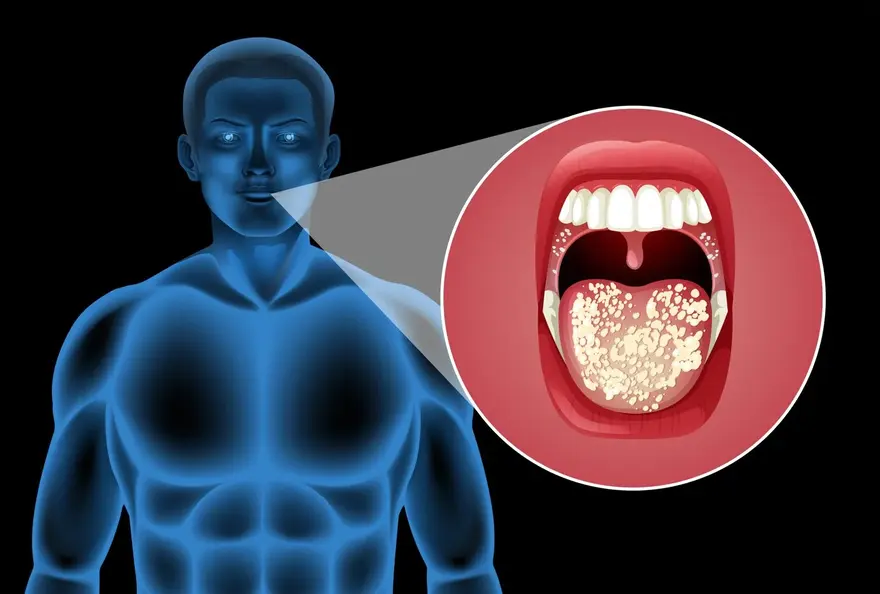
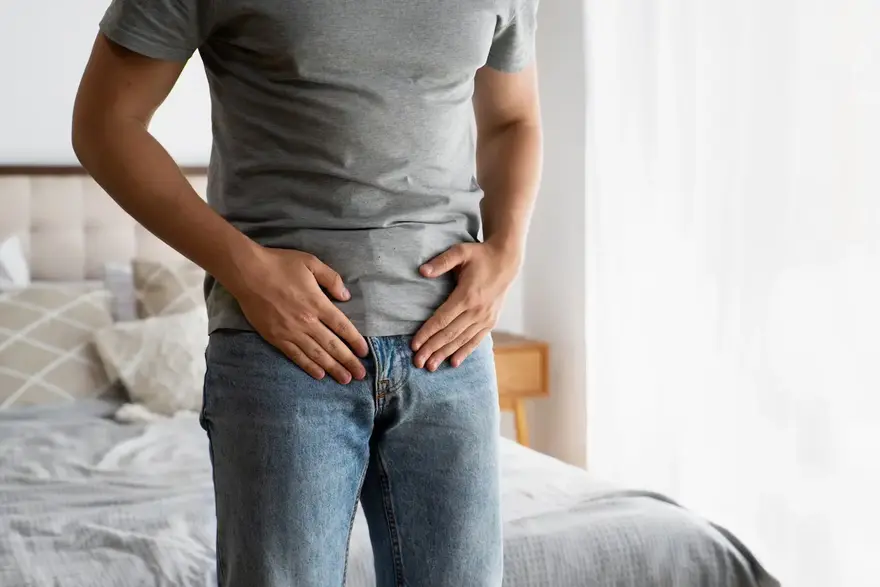
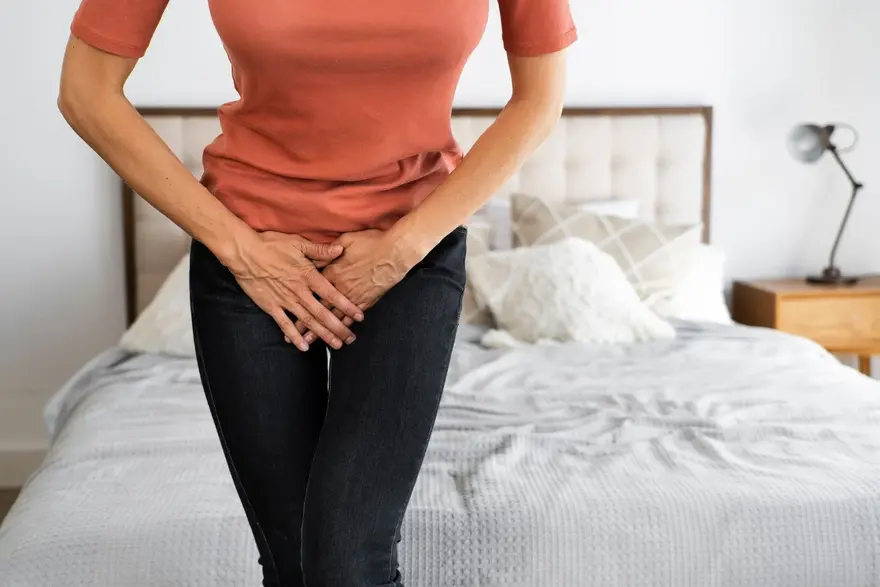
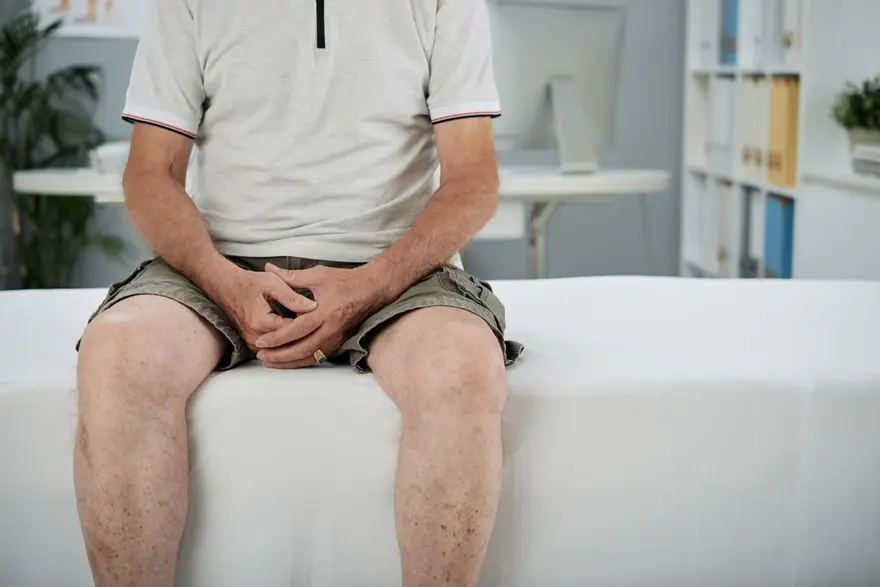
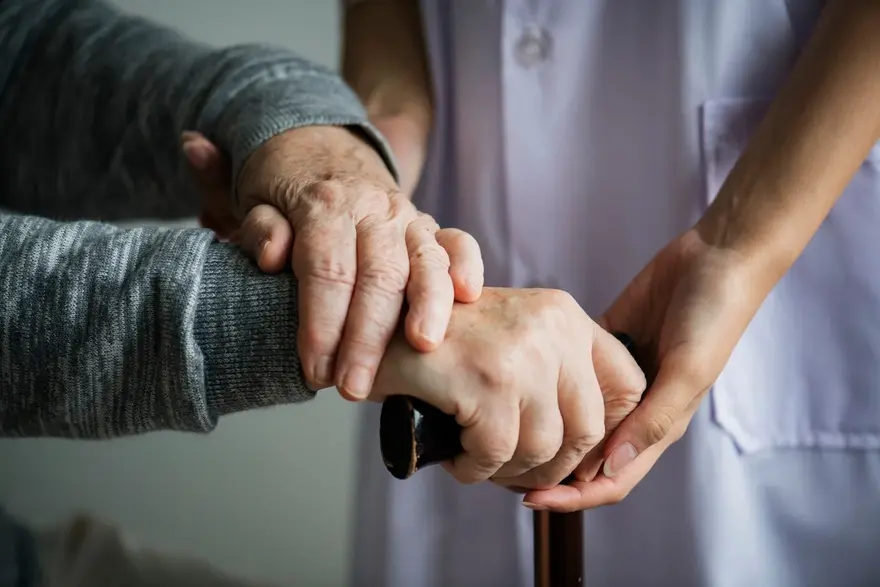










 WhatsApp
WhatsApp